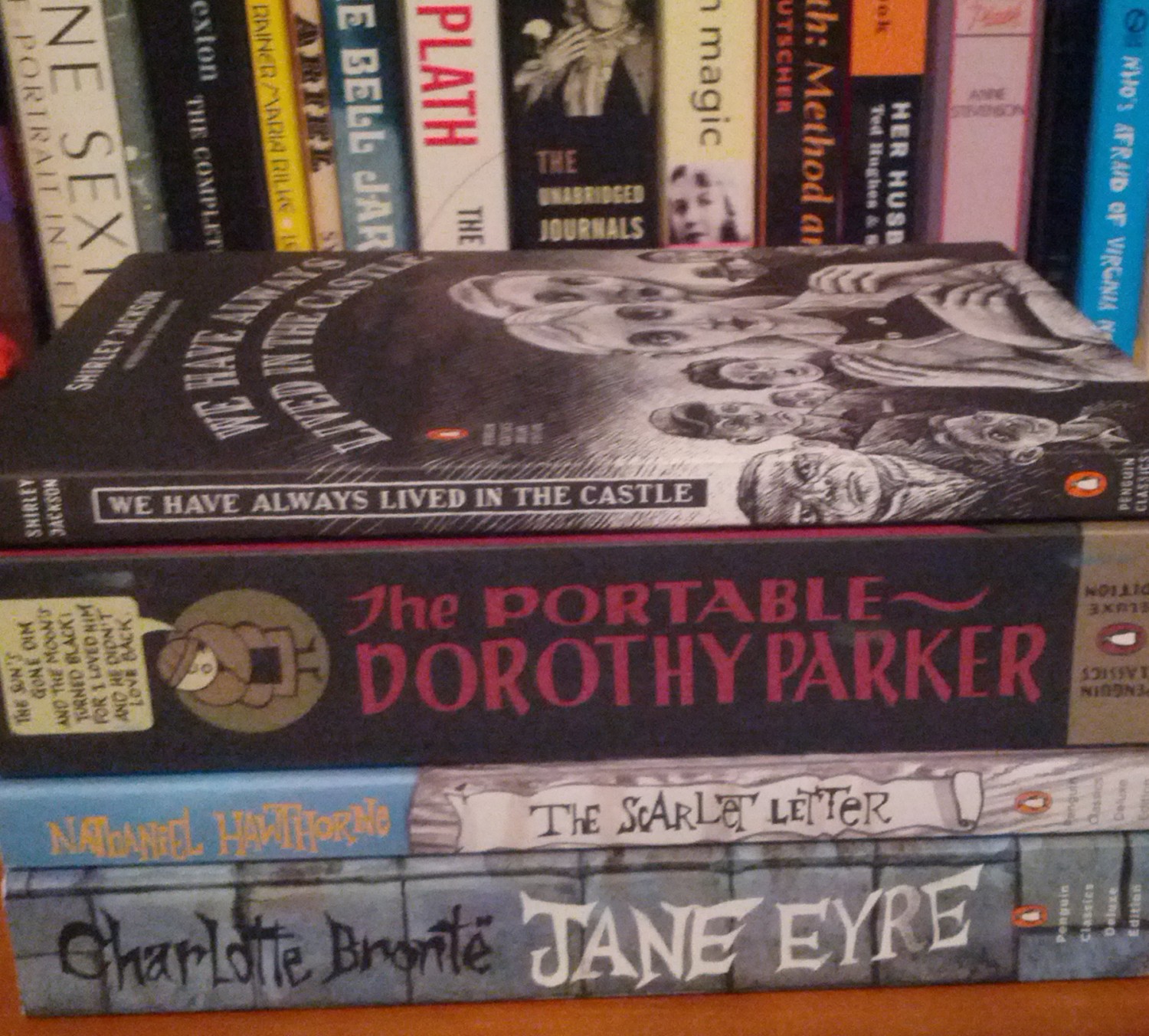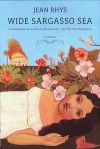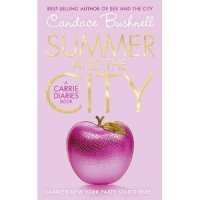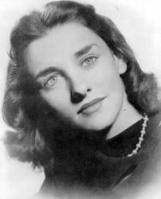 Tolstoy and the Purple Chair: My Year of Magical Reading details how a year of reading a book a day healed the author, Nina Sankovitch, after the death of her older sister, Anne-Marie. I understand this reading project because it reminds me of my own. I have not lost my sister. I have not lost my brother. Thank God. The person who has died is me … at least the me I used to be.
Tolstoy and the Purple Chair: My Year of Magical Reading details how a year of reading a book a day healed the author, Nina Sankovitch, after the death of her older sister, Anne-Marie. I understand this reading project because it reminds me of my own. I have not lost my sister. I have not lost my brother. Thank God. The person who has died is me … at least the me I used to be.
“Everyone has a before and after, the times of our lives divided by an event of loss or suffering or hardship.”
Sometime in 2006, my own body turned on me … literally. First, my immune system attacked and killed my thyroid gland causing hypothyroidism. Then, my immune system redirected its attack to my intestines and I was diagnosed with Crohn’s Disease. After trying various medications that did not help, I found one that did, but after about a year this medication induced Lupus and I was no longer able to take it or any drug in its family. The last available medication supressed my over-active immune system too far and in 2009 I developed a serious intestinal infection that resulted in surgery to remove that section of my small intestine. There are currently no other medications available for Crohn’s Disease treatment that I can try. As there is no cure for Crohn’s Disease, and other such auto-immune disorders, I may simply never be the person I used to be. In the last year, a lovely fibromyalsia diagnosis has been added to the mix along with the news that my intestines no longer absorb certain nutrients from food, such as iron and vit B12, which means the rest of my lifetime will include necessary forms of supplementation. While there are good and bad days, my physical limitations have made it difficult for me to be the wife and mother I once was. Although I continued to work after the first few years of my diagnosis, I am not currently able to do so. I had to put aside my college studies and my career goals and the clock is ticking. There are many days when I feel like I don’t know who this person staring back at me in the mirror is. There are many days that I feel like a failure. There have been many days when guilt, anger, bitterness, sadness, and depression have washed over me … certainly because of the disastrous wake of these disorders, but also because of other mounting personal issues in my life. I try to remember that there are many people with worse struggles than mine. I try to remember to thank God for each new day.
Nina shares this quote: “Have you ever been heartbroken to finish a book? Has a writer kept whispering in your ear long after the last page turned?” – Elizabeth Maguire
I have had to grieve the death of the person I once was and begin to accept the person I have become. This little reading project of mine has given me a vehicle through which I can begin to regain a purpose in my life beyond living for my daughter and perhaps through which I can begin to heal in some way … much like Nina Sankovitch. This is why I was so moved by her story. This is why I am so moved by the journeys of the other bloggers I have had the privilege to become acquainted with through my own venture. We are all somehow nourished by books, reading, blogs, writing … etc. It is a magical thing.
Each chapter of the book has its own message … its own lesson. The book could almost be read as a collection of essays and yet … it must be read as a whole as there is a thread weaving through the writing bringing everything together in a way that I admire. I wish I had been familiar with more of the books that are referenced. I found many of the titles to be quite obscure. I really wanted to connect with Nina through specific books, but in the end I found that it was enough to connect with her through the idea of reading as therapy. I need this therapy, this nourishment … oh, how I need some healing.
“The truth of living is proved not by the inevitability of death but by the wonder that we lived at all.”
Nina has reminded me that sometimes “the sheer value of living”, the feat of living is enough … that the little things are what matter … that it is ok to do only the minimum house cleaning that needs to be done … that it is ok to do only what I really want to do (to spend my diminished energy wisely) … that I must focus on the good memories … that “one must take control of one’s life or become nothing but a broken branch, drifting in the current” … that “books can pave my way” … and so much more. Thank you Nina.


















